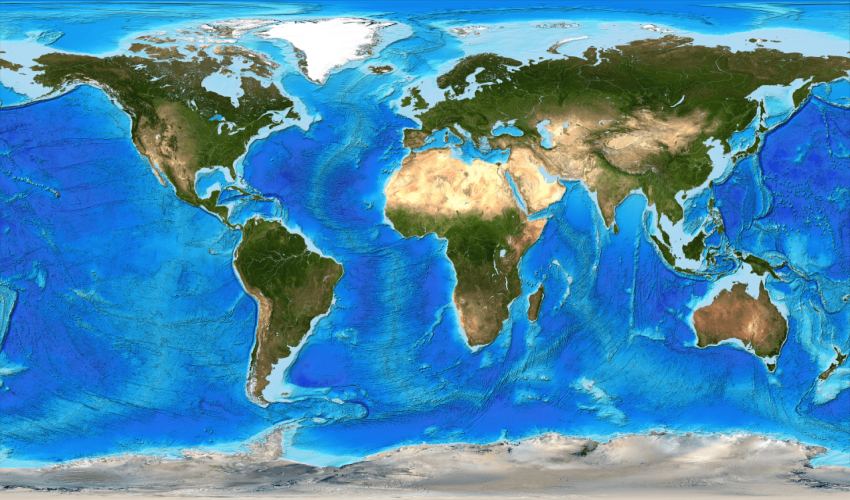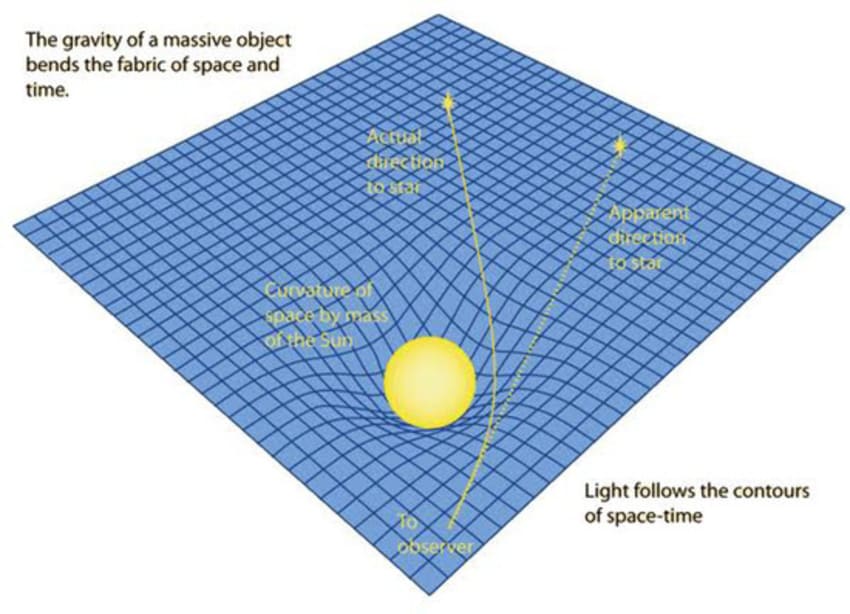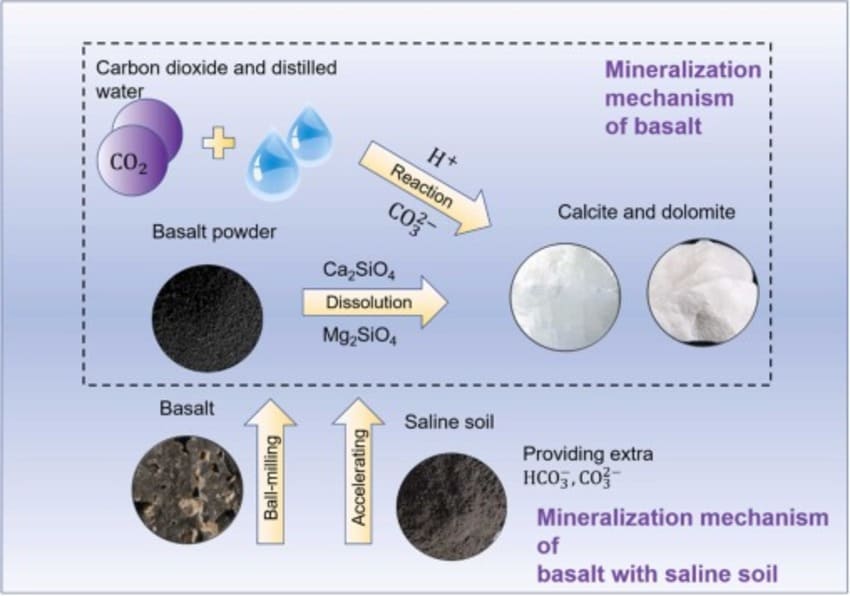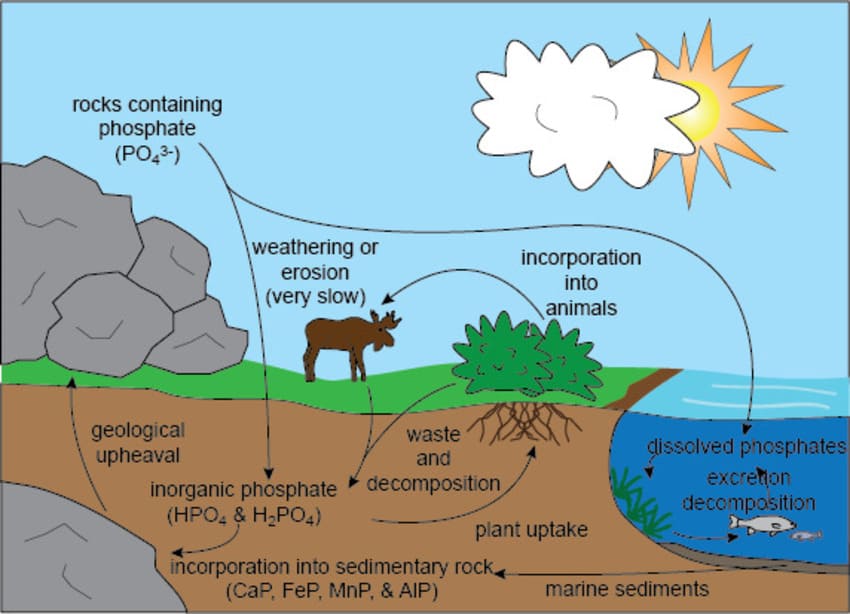
Geography
Geography is a field of science devoted to the study of the
lands, features, inhabitants, and phenomena of the Earth and planets. Geography
is an all-encompassing discipline that seeks an understanding of Earth and its
human and natural complexities—not merely where objects are, but also how they
have changed and come to be.
Geography is often defined in terms of two branches: human geography and physical geography. Human geography is concerned with the study of people and their communities, cultures, economies, and interactions with the environment by studying their relations with and across space and place. Physical geography is concerned with the study of processes and patterns in the natural environment like the atmosphere, hydrosphere, biosphere, and geosphere.
The four historical traditions in geographical research are
spatial analyses of natural and the human phenomena, area studies of places and
regions, studies of human-land relationships, and the Earth sciences. Geography
has been called "the world discipline" and "the bridge between
the human and the physical sciences".
Geography is a systematic study of the Universe and its
features. Traditionally, geography has been associated with cartography and
place names. Although many geographers are trained in toponymy and cartology,
this is not their main preoccupation. Geographers study the space and the
temporal database distribution of phenomena, processes, and features as well as
the interaction of humans and their environment. Because space and place affect
a variety of topics, such as economics, health, climate, plants and animals,
geography is highly interdisciplinary. The interdisciplinary nature of the
geographical approach depends on an attentiveness to the relationship between
physical and human phenomena and its spatial patterns.
- Geomorphology
- Analytical Physical Geography
- Climatology
- Oceanography
- Cartographic Techniques
- Thematic Cartography
- Geography of Population
- Geography of Settlements
- Concurrent – Qualifying Language
- Concurrent – Credit Language
- Economic Geography
- Geography of Natural Resources
- Environmental Geography
- Spatial Dimensions of Development
- Remote sensing
- Statistical methods in geography
- Urban Geography
- Geography of world
- Concurrent – Interdisciplinary
- Concurrent – Discipline Centred
- Evolution of Geographical Thought
- Disaster Management
- Social Geography
- Regional planning
- Field Techniques
- Geographical Information System
- Agricultural Geography
- Geography of tourism
- Biogeography
- Contemporary environmental issues
- Political geography
- Rural development
- Maps and scales
- Earth’s landforms
- Weather
- Physiography
- Anthropogeography
- Environmental geography
- Geomatics
- Regional geography
- Cartography
- Geographic information systems
- Remote sensing
Recent Published
Submit Manuscript
To give your manuscript the best chance of publication, follow these policies and formatting guidelines.


